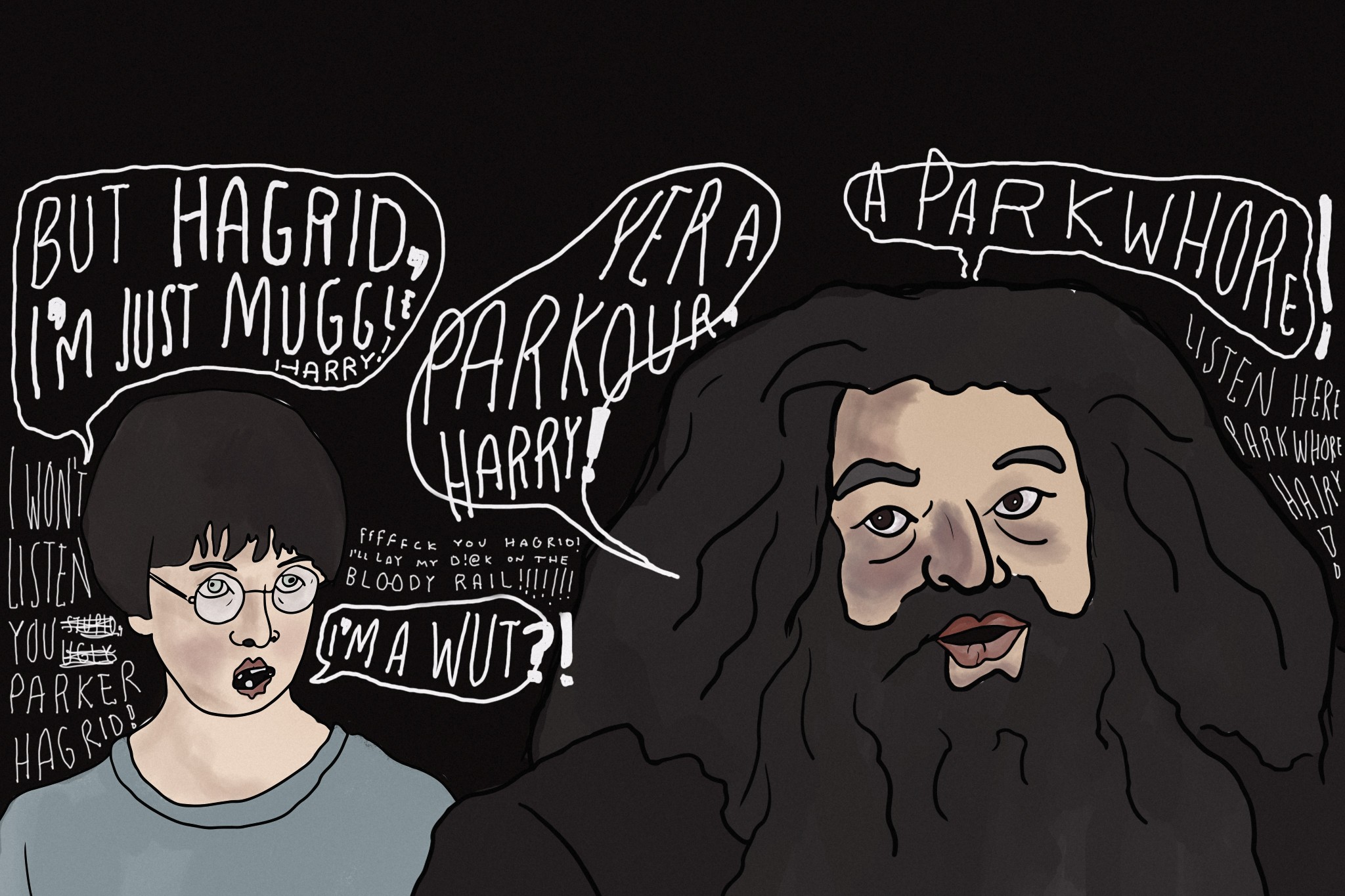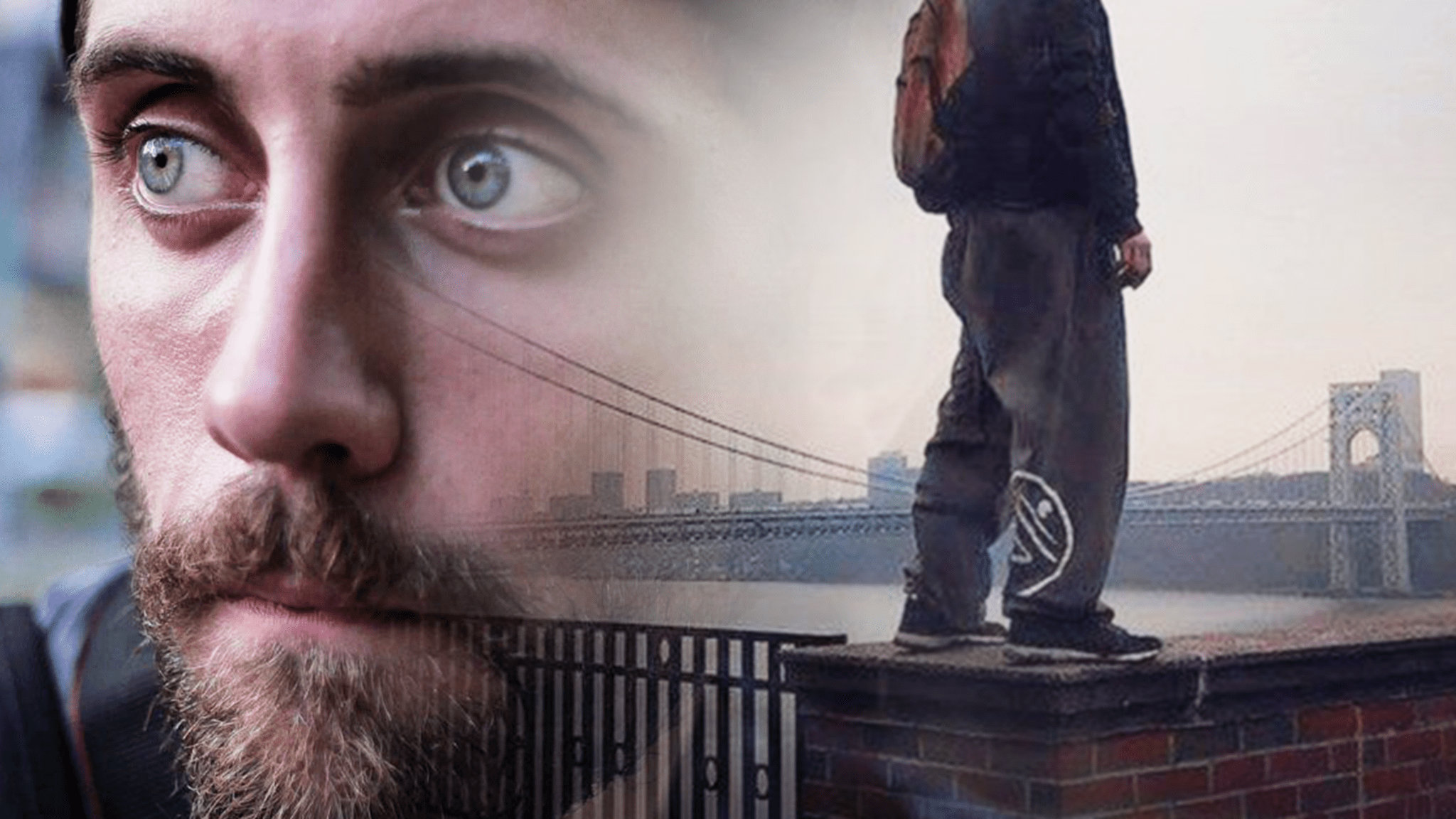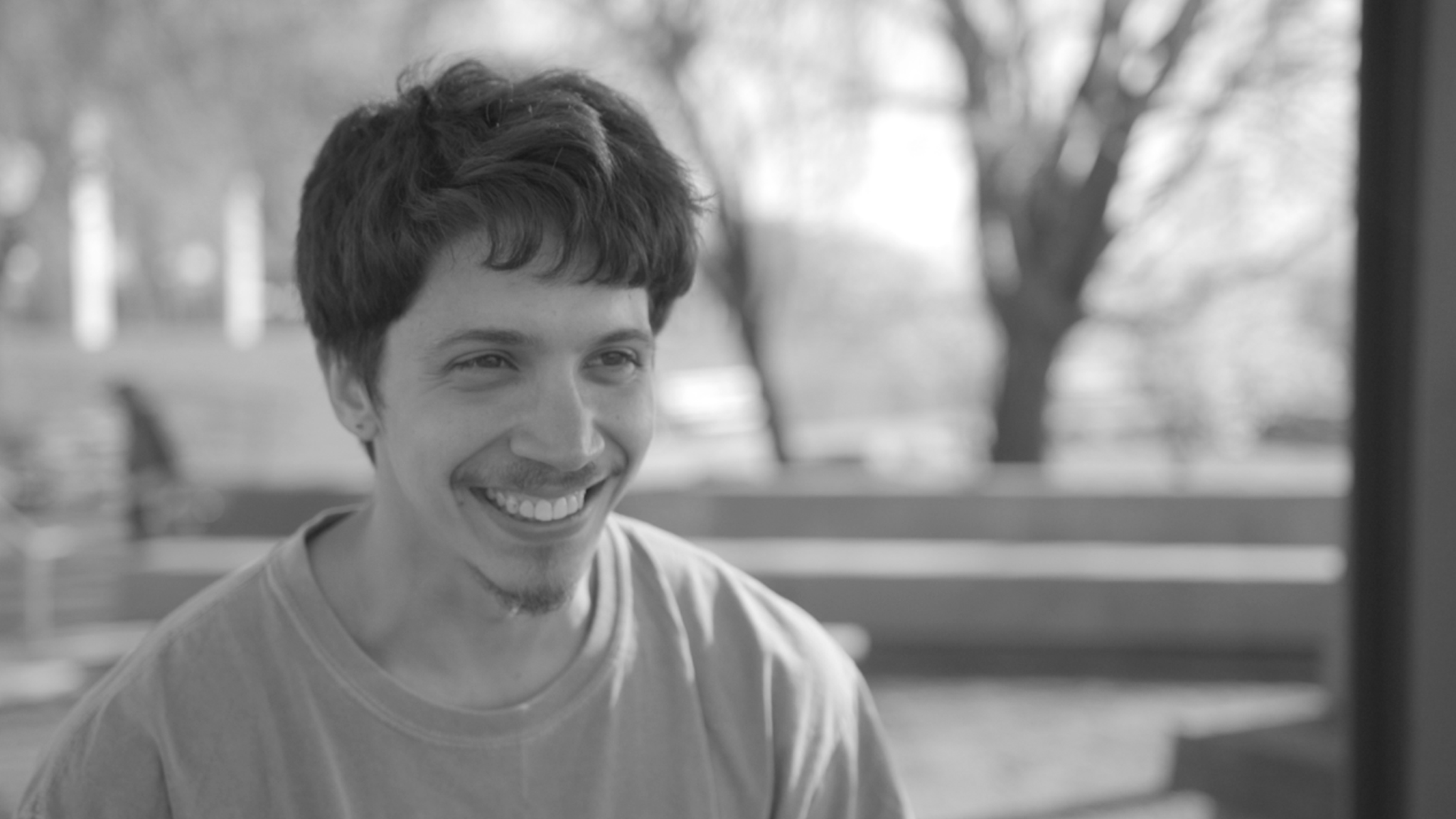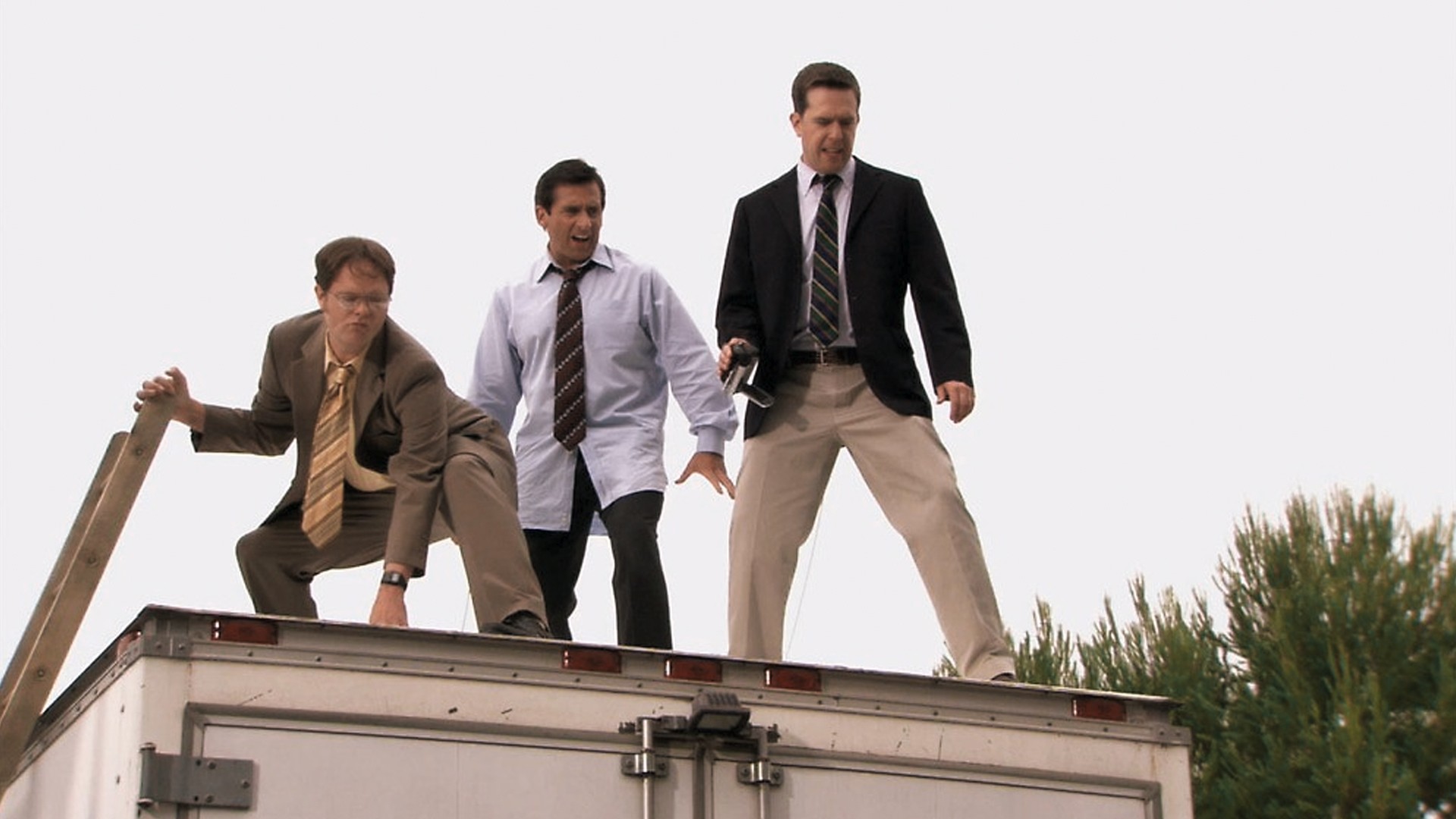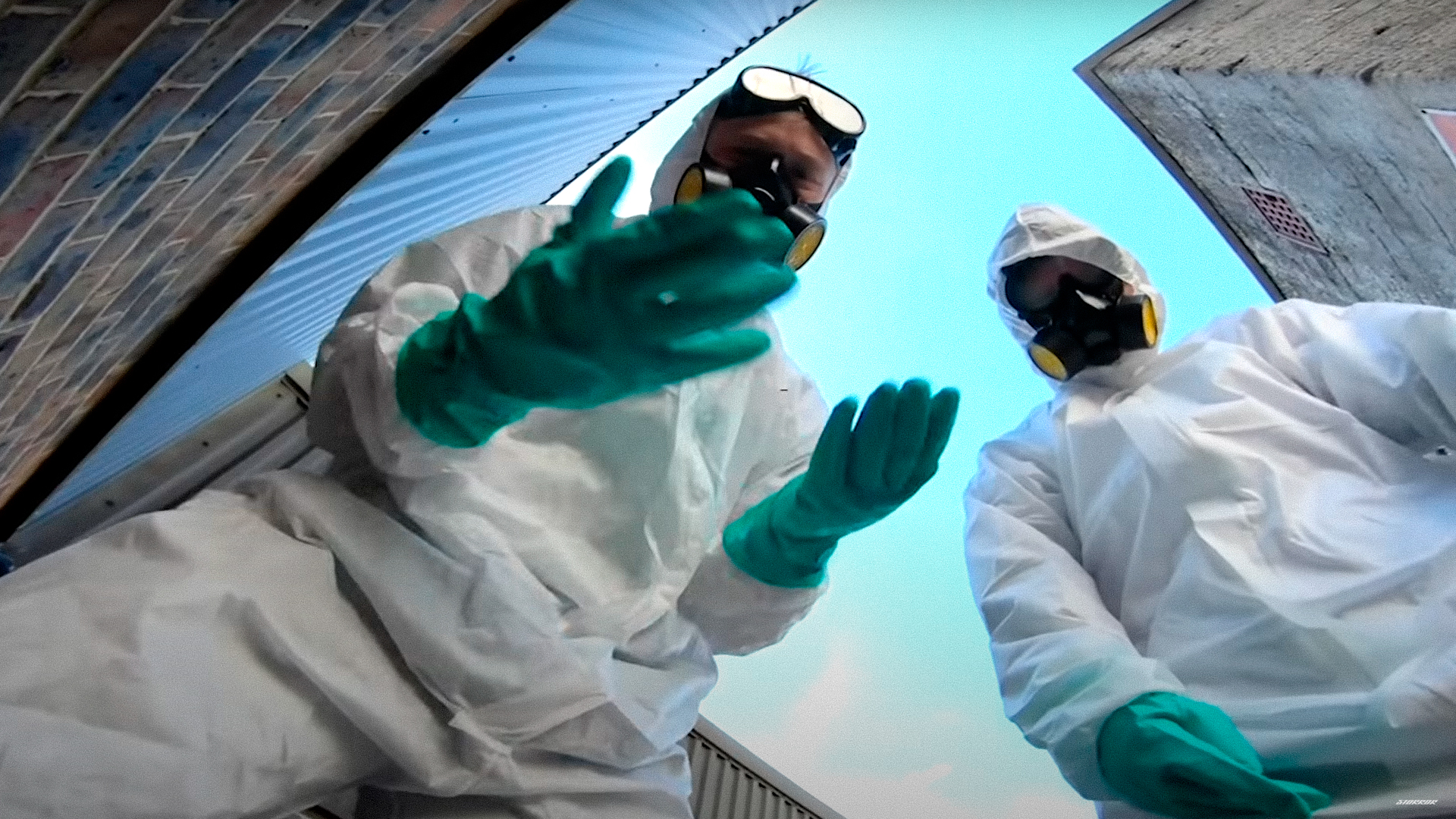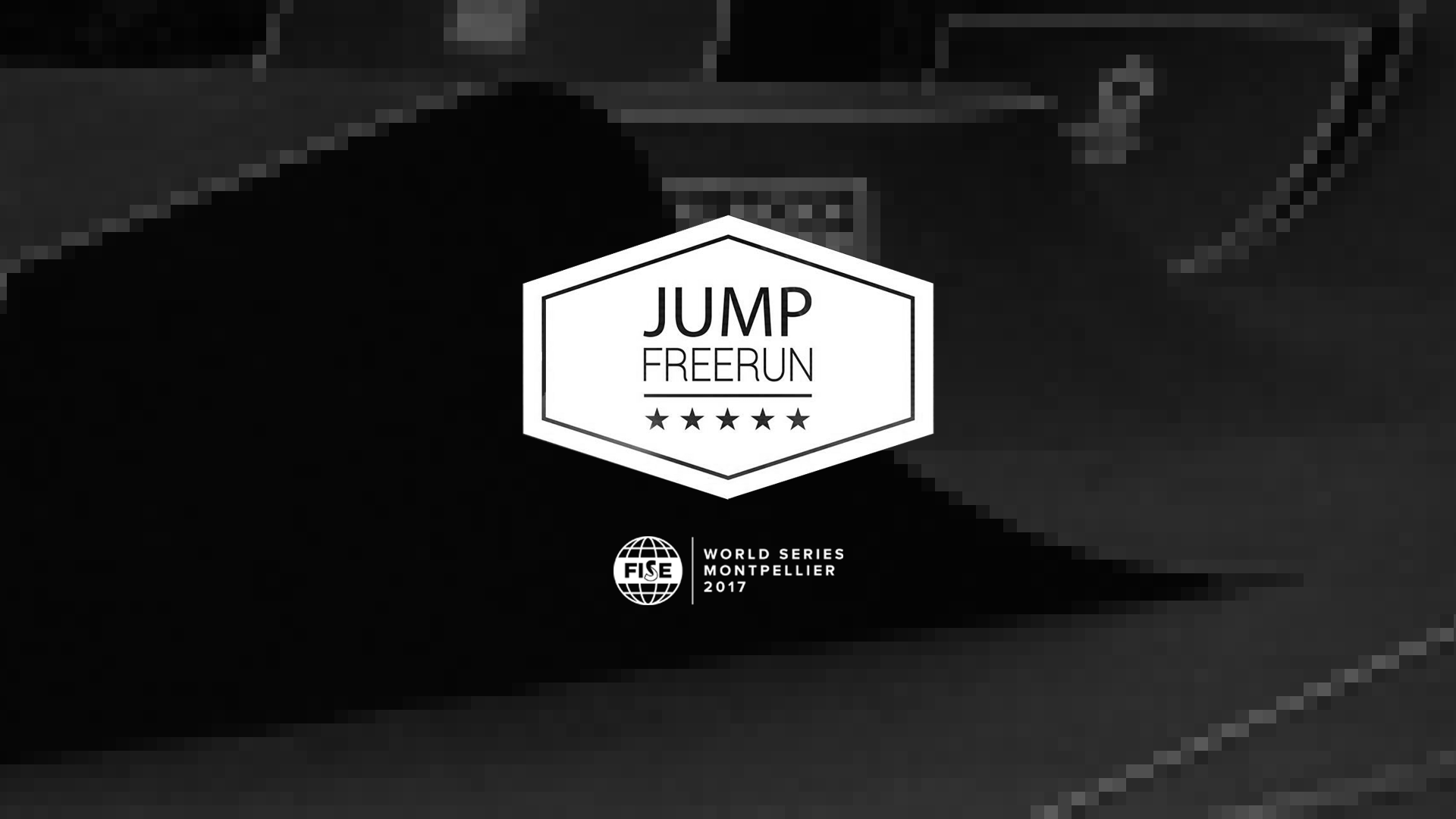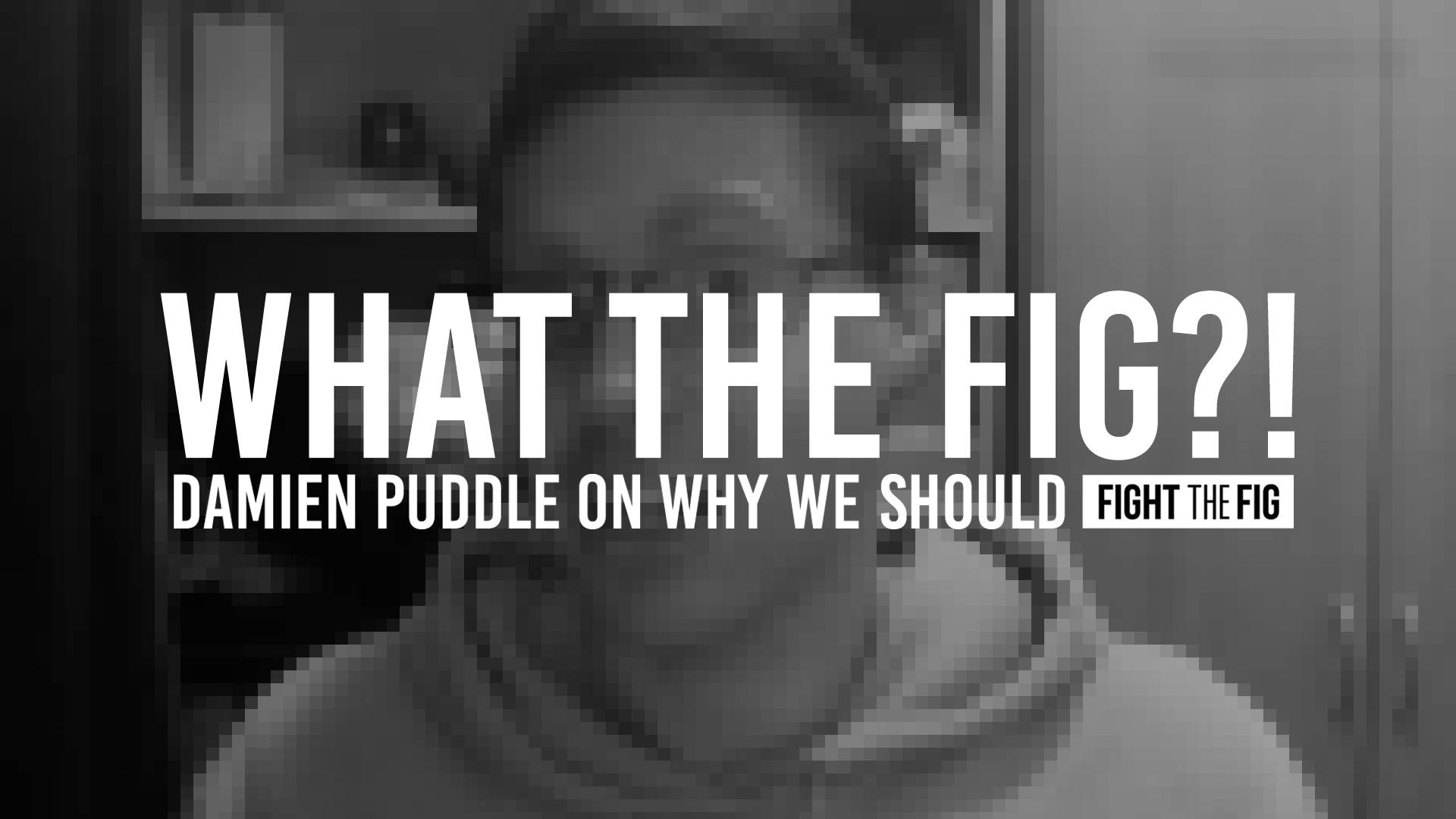I’m here to talk to you today about our lord and savior: the term “muggle.” Parkour.net, the beginning of Urban Freeflow, and the American Parkour forums were the backdrop to my early training years. I came up in one of the few generations of practitioners that were globally connected, but small enough to experience anything close to a unified global conversation. Yeah, there were problems, a lot of them actually. There was plenty of petty name-calling and plenty more judgment. However we all came together in the same place and because of that, there are very few things that get me more riled up than close-minded exclusion. In spite of its negative place in that past, I think that muggle can be a positive thing. A facet of our culture that can be used to foster inclusivity.
According to the Oxford English Dictionary, muggle is a word meaning “a person who lacks a particular skill, or skills.” Although most of us will be familiar with the word in the context of movement disciplines and magic, we cannot claim to be the only group to have adopted its use. Our companions include the likes of Louie Armstrong, Hashers, Geocachers, and Hackers. The majority of those other groups use it for the same purpose: to describe those outside of the group. Although found in the English language prior to 1997, the release of Harry Potter that year evolved the word to its current meaning.
It would be easy to simplify the word to only a means of exclusion. It is an even easier (and still valid) argument to be made about how the word could be applied with strong negative connotations. But is defining muggle as “those who are excluded” or “those who are in some way inferior” really an honest representation of its common usage or it’s potential? I would argue much the same as Dylan Baker, and Max Henry in World War Parkour vs Freerunning 2016 edition. The difference lies in intent.
The appeal of muggle as a label is the simple fact that it’s a prime example of a stereotype. Stereotyping is generally known as a bad thing in modern society, but what actually is it? According to Ivancevich, Konopaske, & Matteson, “Stereotypes help us as individuals to organize our social experiences as it helps us to more meaningfully categorize and classify people, events, and situations in ways in which we can best remember them, identify with them and relate to them” Sounds useful doesn’t it?
So how does this translate to parkour? As a community, we have seen time and time again what happens when we let the media and uninformed public control the image of parkour. Generally speaking, it’s not good. Muggle, as we just saw, is a simpler way of saying “One who does” as compared to “One who does not.” In an era where our community continues to expand and gain exposure, at an ever-growing rate, finding ways to unify is our best chance at maintaining a positive image and an open and accepting environment. Right now, muggle is the only tool we have. It is a tool we can use to tell everyone else who we are, and who we are not.
This is where the importance of intent comes in. Take a listen to the following examples:
What did you hear? To me, that sounds like the same set of words with 2 radically different connotations. Human beings are, for better or worse, a species prone to strong and emotional reactions. As practitioners, we are all ambassadors for the discipline, our actions and words have effects that reach far further than we may imagine. That being said, I am by no means here to argue that muggle is an inherently positive word. I wouldn’t even argue that the current prevalent usage is anything close to positive. I am just saying that it can be.
While public conversations about the use of muggle are still a more recent phenom, they are becoming more and more common. It’s a conversation that needs to be had openly and between us all. Much the same as in the PK vs FR debate, it doesn’t matter whether you as an individual participate in its proliferation or not, because it’s still going to take place. Regardless of whether you think it’s below you, or the most important conversation in the world. As a member of this exceptional global community, you have the ability to affect the outcome of this conversation. That outcome will have a tangible effect on you, and the community as a whole. The thing about “muggle” is that we need it. Maybe not it exactly, but certainly something like it. As long as we remain conscious of our intent, it can be a powerful tool for good.
Still confused? That’s okay, you can always refer to this handy flow chart:
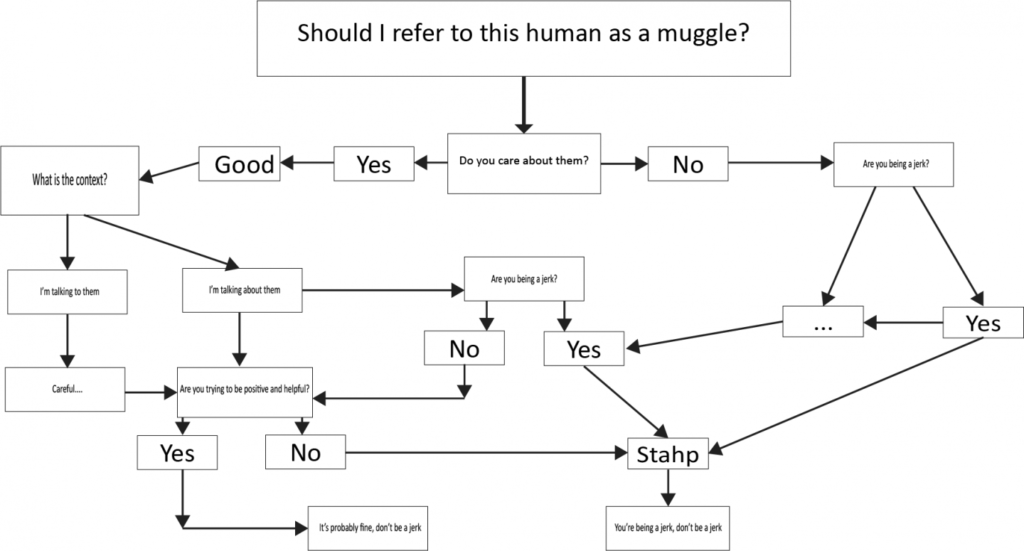
Want more? Subscribe to help us create more stories like this one and to make sure that we’re able to continue creating the content you love.


